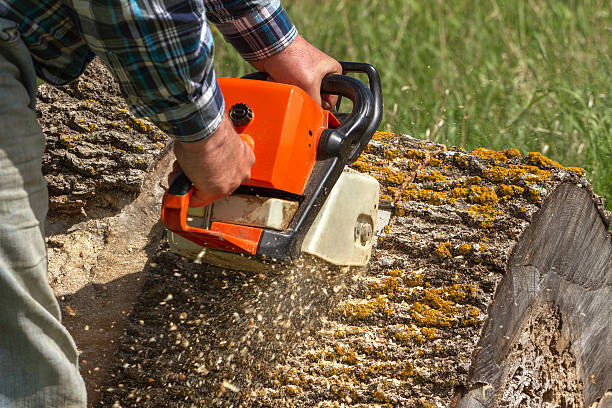Tree service professionals play a crucial role in maintaining the health and safety of our urban landscapes. However, the arboriculture industry has challenges, and obtaining the right licenses is a fundamental aspect of operating a legitimate and reputable tree service.
At the most basic level, a tree service company must have a valid business license to operate legally. This license is typically issued by the local government or municipality where the business is based. It ensures the company complies with local regulations, zoning ordinances, and business tax requirements. Acquiring a business license is the first step toward establishing the legal foundation for a tree service operation.
Certified arborists possess specialized knowledge and skills in tree care and maintenance. While certification is not always a legal requirement, many clients prefer to hire tree service professionals who hold certifications from reputable organizations such as the International Society of Arboriculture (ISA). Certification demonstrates a commitment to professionalism and a high level of expertise in tree care practices.
While not a traditional license, insurance is a critical component of any reputable tree service operation. Tree work involves inherent risks, and appropriate insurance coverage protects the company and the client in case of accidents, property damage, or injuries. Liability insurance and workers’ compensation coverage are standard requirements, and clients often request proof of insurance before hiring a tree service provider.
In some jurisdictions, tree service professionals may be required to hold a contractor’s license. This license is distinct from a business license and specifically authorizes the company to perform certain types of work, including tree removal, pruning, and other arboricultural services. The requirements for obtaining a contractor’s license vary by location, but they often involve demonstrating knowledge of industry practices and passing an examination.
Many municipalities have tree preservation ordinances in place to protect and regulate the removal of trees. Tree service professionals must know and comply with these regulations to avoid legal consequences. Some areas require permits to remove certain tree species or perform tree work near protected areas. Understanding and adhering to local ordinances is essential for maintaining legal compliance.
If a tree service involves the application of pesticides or herbicides, professionals may be required to obtain a pesticide applicator’s license. This license ensures that individuals applying chemical treatments have the necessary training to do so safely and effectively. It may involve passing an examination and completing ongoing education to stay informed about current best practices in pesticide application.
Additional licenses or permits may be required for tree service professionals engaged in activities under federal jurisdiction, such as work in national parks or on federal lands. Compliance with federal regulations is crucial for conducting tree service operations in these areas.
The tree service industry is subject to various local, state, and federal licensing requirements. Acquiring the necessary licenses ensures legal compliance and enhances the credibility and professionalism of a tree service business.
Whether it’s a business license, arborist certification, insurance coverage, or compliance with local ordinances, each aspect contributes to a comprehensive and responsible approach to tree care services. Tree service professionals should stay informed about licensing requirements in their specific area and prioritize ongoing education and training to provide the best possible service to their clients while maintaining legal integrity.

